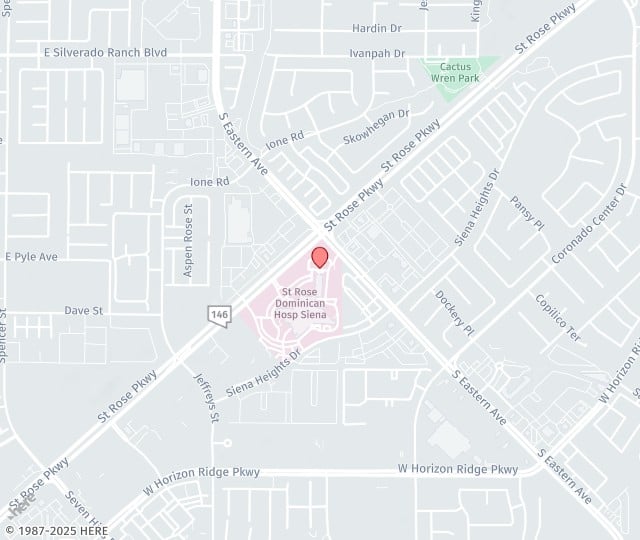This is a very important topic that I always discuss with patients prior to proceeding with elective surgery. It often surprises me how many patients think that either I, or their insurance company, will pay for any future charges as a result of needing additional surgery or outside intervention such as an MRI.
Cosmetic surgery is expensive: operating room fees are close to $1000 per hour, anesthesia fees are around $350 per hour, and supplies such as implants are often $1000 each or more. These are overhead fees, even before your surgeon receives any sort of payment or surgeon fee. Maintenance surgery, revision, or dealing with complications are always the patient’s financial responsibility. If the funds are not available in these circumstances, the patient should not have the procedure done in the first place. Cosmetic surgery is purely elective. Therefore, it is a patient’s responsibility to deal with any sequelae or maintenance that may be required.
Complications occur infrequently after elective plastic surgery, but they can occur and be unpredictable. With each cosmetic procedure, there are certain problems that can happen statistically regardless of how meticulously the surgery was performed. For example, hematoma risk is around 5% after elective surgery. A hematoma is a collection of blood or bleeding at the surgical site that occurs at some point after surgery. Hematomas occur regardless of the precision and skills of the surgeon. Reasons for bleeding in the post operative period include blood vessel spasm, increases in patient heart rate or blood pressure, medication, or activity after surgery. Patients who develop a hematoma require surgery to evacuate the pooled blood. Hospital or outpatient surgery center fees, anesthesia fees, lab work or testing, and implant fees are always the patient’s responsibility. The surgeon cannot control these outside costs. The majority of surgeons, however, do waive any sort of surgeon fee, despite their time and effort in diagnosing and treating the problem.
When it comes to revisions, although good results are expected after plastic surgery, guarantees cannot be made regarding your final outcome. Because of factors outside the surgeon’s control, surgical revision may be required. This does not necessarily mean that your surgery was unsuccessful or you would have done better with another surgeon. The reasons for suboptimal results may include the following:
• A person’s inherent poor healing ability. For example, they form keloid scars or bad scars, irrespective of the plastic surgical closure
• Environment or lifestyle issues such as smoking, alcohol, or drug use, or excessive sun exposure will negatively impact the result
• Failure to comply with post-operative instructions including activity restrictions or usage of compression garments
• Failure to protect the surgical site
• Poor skin tone or severe skin laxity which can lead to recurrent sagging or tissue stretch and thinning
• Weight fluctuation or pregnancy after surgery
• Gravitational effects
• Poor circulation which can lead to delayed healing, open wounds, or skin loss
• Metabolism of underlying suture material with suture infections or suture spitting
In our practice, if a surgical revision is advised, there is no surgeon’s fee if it is a legitimate and realistic concern. In any revisionary procedure, the patient is always financially responsible for all outside charges including operating room fees, anesthesia fees, implant or garment fees, and supply fees. We typically waive all fees for small minor scar revision procedures done in the office setting.
Patients need to understand that there is no such thing as perfection, perfect symmetry, perfectly smooth contours, absence of scars, guarantee of bra cup size after breast surgery, or expected weight loss or change in clothing size after body contouring surgery. Subsequent weight fluctuations, pregnancy, smoking, stress, life changes, gravity, aging, sun exposure and your environment will affect surgical results and your outcome. Future surgery may become indicated for certain individuals in order to maintain or improve results. For example, all breast implant patients can be expected to have surgery at some point in the future in order to remove and replace their implants. And no, it isn’t all “free” from here on out…Just like your dentist is not going to foot the bill when the veneer on your tooth cracks.
Do your homework when choosing your plastic surgeon. You know you are getting a well-trained and qualified plastic surgeon when your doctor is certified by the American Board of Plastic Surgery, with active memberships in the ASPS (www.plasticsurgery.org) and ASAPS (www.surgery.org). Cost should be an important factor when deciding on surgery, however don’t let the cost affect your choice of surgeon. You get what you pay for and you should never bargain when it comes to your health.
Dr. Hayley Brown MD, FACS
Board Certified Plastic Surgeon
Desert Hills Plastic Surgery Center serving Henderson and Las Vegas, Nevada


